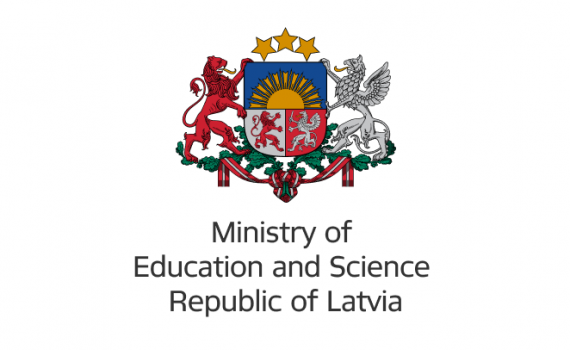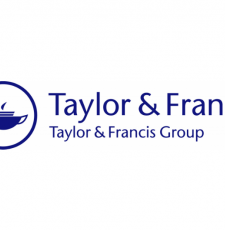
EIFL welcomes the Latvian Open Science Strategy, a comprehensive document that aims to provide society, researchers, businesses, policymakers and other stakeholders with openly available research outputs, scientific publications and research data, and to promote citizen science - meaningful societal engagement in the research process.
Iryna Kuchma, EIFL Open Access Programme Manager, was one of 11 researchers who conducted open science policy research initiated by the Ministry of Education and Science of Latvia in 2020. The research aimed to develop a roadmap for implementing open science in Latvia, and to make recommendations for a national Latvian open science policy.
The resulting Latvian Open Science Strategy was approved by the Ministry of Education and Science of Latvia in March 2022 and was recently made available in English.
The Strategy is built around three pillars:
Pillar I: Open access to scientific publications
- The Strategy requires immediate open availability of scientific publications created within the framework of all publicly funded research programmes launched as of 1 January 2023, via repositories or open access journals, preferably under Creative Commons Attribution licence, CC BY.
- Research institutions need to introduce incentives to promote open access publishing and provide educational opportunities for researchers, including through the OpenAIRE National Open Access Desk.
- Repositories should follow the OpenAIRE guidelines for interoperability.
- Researchers should strive to publish their articles in high-quality open science journals that demonstrate the application of true added value for article processing, as well as in diamond open access journals/platforms - that don’t charge Article Processing Charges (APCs). As far as possible, researchers should retain the copyright for their publications.
- Universities and other Latvian publishers are encouraged to publish open access and pilot open peer review.
Pillar II: FAIR research data
- The Strategy states that research data, metadata and e-Infrastructures intended for long-term preservation and re-use should, as far as possible, comply with the FAIR principles (Findable, Accessible, Interoperable, Reusable), designed to promote maximum use of research data.
- It also requires researchers to develop machine-readable data management plans (DMPs) for all projects of publicly funded research programmes.
- Research institutions must include a research data management criterion in assessing the performance of research personnel, via open science and related skills’ acquisition, and ensure that the academic career system supports and rewards researchers who participate in the research sharing movement.
- In order to develop researchers’ skills and a culture of quality research data management, research institutions are encouraged to hire Data Stewards who will develop general and field-specific data management skills of researchers, promote the use of e-Infrastructures and tools, help plan data management and complete DMPs and deposit research datasets in a repository.
Pillar III: Citizen Science
- Citizen science is a broad concept that includes the involvement of society in the research process and the co-creation of knowledge with professional scientists in all areas of science. The Strategy will promote citizen science by providing free advertising for citizen science initiatives, access to scientific e-Infrastructures (for instance, research data repositories) and integration of citizen science into Latvian science communication activities.
EIFL’s work in open science policies in other countries
EIFL is also contributing to the Ukrainian National Open Science Action Plan, the Action Plan for the implementation of open science measures from the Resolution on the Slovenian Scientific Research and Innovation Strategy 2030 and national open science policy developments in Armenia, Ethiopia, Lithuania, Moldova and Uganda.
SHARE / PRINT









